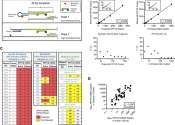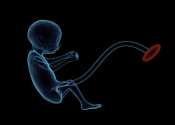Electronic health records unlock genetics of tobacco use disorder
By analyzing electronic health records, researchers at the University of California San Diego School of Medicine have identified hundreds of new genes associated with tobacco use disorder. They also identified hundreds of ...
Apr 17, 2024
0
40



